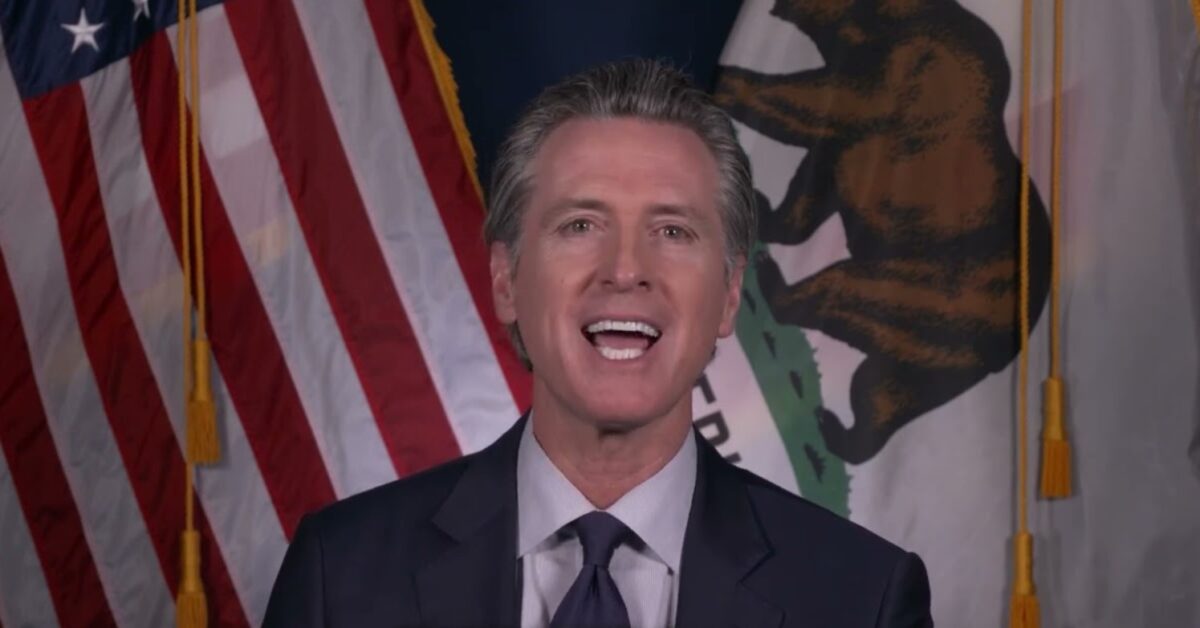In a bold move that has many shaking their heads, Democratic California Governor Gavin Newsom has just signed a law that bans local governments from requiring voters to show an ID at the ballot box. This decision has ignited fierce criticism, including from tech mogul Elon Musk, who didn’t hold back in his response. He called Newsom “The Joker,” suggesting that this change is nothing short of chaos.
Musk took to X to express his disbelief: “Wow, it is now illegal to require voter ID in California! They just made PREVENTING voter fraud against the law. The Joker is in charge.” His words resonate with many concerned about election integrity.
The Legislation’s Background and Implications
The bill was pushed through the California Assembly back in August, introduced by state Senator David Min, a Democrat eager to simplify voting rules. But let’s get one thing clear: this new law comes on the heels of a local effort by Huntington Beach residents who wanted stricter voting measures.
Back in March, Huntington Beach passed Measure A with strong local support—53.4% approval to be exact—aiming for voter ID requirements and better monitoring of ballot drop boxes. This wasn’t just some random idea; it reflected what many locals felt was necessary for fair elections.
State Intervention and Legal Battles
However, not everyone was on board with Huntington Beach’s decision. State Attorney General Rob Bonta and Secretary of State Shirley N. Weber challenged this measure in court. They argued that the city’s plan “unlawfully conflicts” with state law and should be overridden by Sacramento’s rules.
It raises an important question: Why does the state think it knows better than local communities? The people of Huntington Beach clearly wanted changes to how they handle elections, but their voices were drowned out by higher authorities claiming they know what’s best.
The Bigger Picture on Voter ID Laws
Voter ID laws have been a hot topic across the nation. Supporters argue that requiring identification helps prevent fraud and ensures fair elections. Critics often claim these laws suppress voter turnout among certain groups, but isn’t it time we prioritize security as well?
When voters are asked whether they support showing an ID when casting a ballot, surveys often show significant backing for such measures—even among minority groups who are supposedly being protected by opponents of voter ID laws.
A Call for Transparency in Elections
The concern here isn’t just about IDs; it’s about trust in our electoral system. When states like California take steps to eliminate safeguards against potential fraud, it can lead citizens to question whether their votes truly matter or if they’re even counted accurately.
We need transparency and accountability from our leaders regarding how elections are run. Making voter identification illegal doesn’t seem like a move toward transparency—it looks more like an attempt to push through policies without proper checks and balances.
The Fallout from Newsom’s Decision
So what’s next for California? With this new law on the books, we could see more cities trying to implement their own measures only to face pushback from state officials eager to maintain control over election procedures.


Leave a Comment